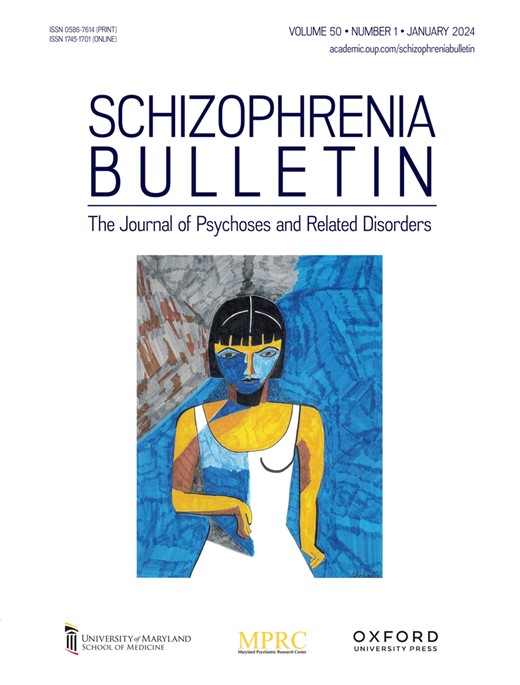84 THE STRESS REGULATION OF PSYCHIATRIC PATIENTS THROUGH VR DIGITAL CULTURAL TOURISM
IF 5.3
1区 医学
Q1 PSYCHIATRY
引用次数: 0
Abstract
Background Virtual Reality (VR) digital tourism refers to the use of VR technology combined with digitalization to create virtual experiences with cultural and tourism elements. Through VR technology, users can immerse themselves in exploring various cultural heritage, historical scenes, tourist attractions, etc., achieving cultural and tourism experiences in virtual spaces. With the continuous advancement of VR technology, it has also been widely applied in the field of mental illness. VR technology can bring patients into a virtual environment and provide them with immersive therapy, effectively alleviating their symptoms. The research aims to explore the moderating effect of VR digital tourism on psychological stress in patients with schizophrenia, in order to provide guidance for clinical practice. Methods 56 patients diagnosed with schizophrenia in the Department of Psychiatry from January 2024 to June 2024 were selected from the First People’s Hospital of a certain city. The participants were randomly assigned to a VR digital tourism treatment group (28 patients) and a conventional treatment group (28 patients). The conventional treatment group received treatment through medication and psychological guidance, while the VR digital tourism treatment group provided patients with VR devices and selected virtual environments based on their needs for treatment. The treatment lasted for 3 months. Using SPSS 22.0 statistical software for data analysis, the status of patients with schizophrenia was evaluated through the Schizophrenia Quality of Life Scale (SQLS), which includes three dimensions: psychosocial, energy dynamics, and symptoms/side effects. Results The comparison results of the included patients’ SQL scores are shown in Table 1. Before intervention, the VR digital tourism treatment group scored 32.25 ± 5.08, 20.46 ± 4.17, and 22.38 ± 4.74 in the dimensions of psychosocial, energy dynamics, and symptom/side effects, respectively. After intervention, the VR digital tourism treatment group scored 23.86 ± 2.82, 14.58 ± 2.12, and 15.52 ± 2.02 in three dimensions, respectively. After intervention, the scores of the VR digital tourism treatment group in three dimensions were lower than before intervention, and the scores of the VR digital tourism treatment group after intervention were significantly lower than those of the conventional treatment group, with a significant difference between the two groups (P<0.05). Discussion VR digital tourism has a significant effect on stress regulation in patients with schizophrenia. VR technology can help patients with schizophrenia relax their body and mind, enjoy their mood, improve their sleep quality, and effectively regulate their stress by creating numerous high-quality scenes. Funding 2022YFF0902402; 2024-01; 22285801Z; ZD202121; 22375801D.求助全文
约1分钟内获得全文
求助全文
来源期刊

Schizophrenia Bulletin
医学-精神病学
CiteScore
11.40
自引率
6.10%
发文量
163
审稿时长
4-8 weeks
期刊介绍:
Schizophrenia Bulletin seeks to review recent developments and empirically based hypotheses regarding the etiology and treatment of schizophrenia. We view the field as broad and deep, and will publish new knowledge ranging from the molecular basis to social and cultural factors. We will give new emphasis to translational reports which simultaneously highlight basic neurobiological mechanisms and clinical manifestations. Some of the Bulletin content is invited as special features or manuscripts organized as a theme by special guest editors. Most pages of the Bulletin are devoted to unsolicited manuscripts of high quality that report original data or where we can provide a special venue for a major study or workshop report. Supplement issues are sometimes provided for manuscripts reporting from a recent conference.
 求助内容:
求助内容: 应助结果提醒方式:
应助结果提醒方式:


